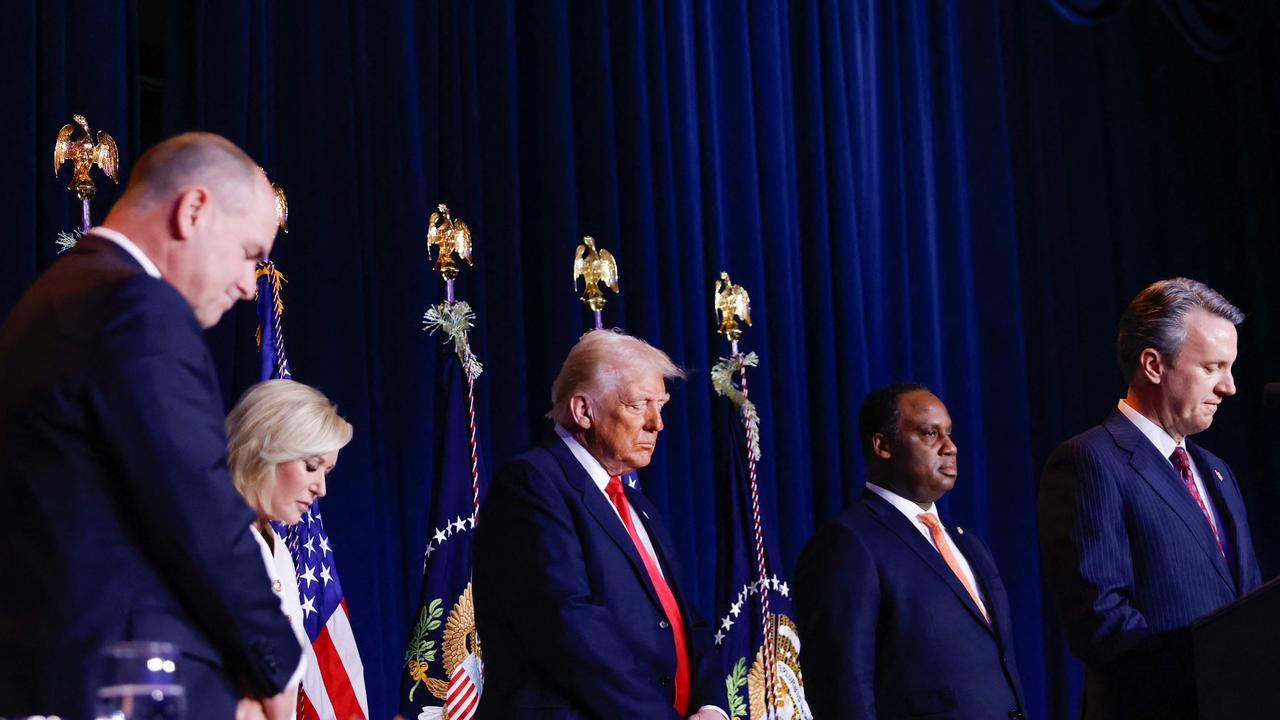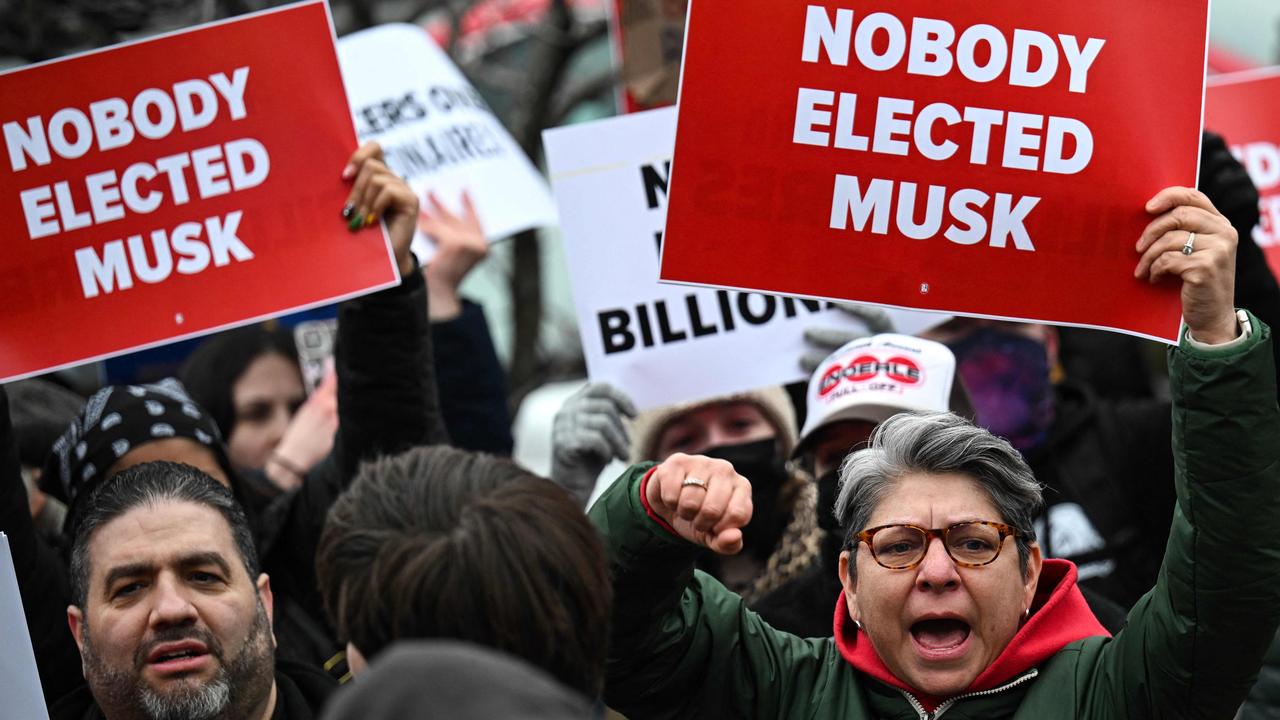UK warned: ‘China is a ransom threat’
Successive British governments have readily accepted Chinese money with ‘few questions asked’, placing national security at serious risk, a damning report has found.

Successive British governments have readily accepted Chinese money with “few questions asked”, placing national security at serious risk, a damning report by MPs has found.
Politicians and industries had been slow to realise the threat posed by China and policies to address it were moving at a “glacial pace”.
The intelligence and security committee (ISC) found Britain faced a “nightmare scenario” of China controlling sensitive national infrastructure, including nuclear power stations, universities and the technology sector.
The ISC, which oversees the intelligence agencies, found that Britain lacked a long-term strategy to deal with China.
Many of the committee’s most serious criticisms focused on the government’s willingness to allow economic interests to trump serious security issues. Until the pandemic Chinese money was “readily accepted … with few questions asked”, it said.
China has gained a strategic advantage, “buying up and seeking to control and influence the UK’s industry and energy sectors”, and Britain was losing the technology race. “Without swift and decisive action, we are on a trajectory for the nightmare scenario where China steals blueprints, sets standards and builds products, exerting political and economic influence at every step,” the ISC said.
“This … has the potential to pose an existential threat to liberal democratic systems.”
Intelligence chiefs gave evidence at secret hearings for the 207-page report, which took four years to compile.
MI5 director-general Ken McCallum said Chinese investments in the British economy were as much of a threat as intellectual property stolen “by a spy”.
Yet the government was baulking at “meaningful scrutiny of sensitive investment deals”, the ISC said. It concluded that China’s ambition to become an economic superpower posed a “national security threat”.
A key factor in China’s quest to become a global superpower was the economic advantage brought by significant investment in civil nuclear power. The ISC said China was determined to become a “permanent and significant player” in Britain’s nuclear sector. “The government would be naive to assume that allowing Chinese companies to exert influence over the UK’s civil nuclear and energy sectors is not ceding control to the Chinese Communist Party,” the MPs said.
The level of investment was already so extensive it might not be possible to separate the nuclear industry from wider geopolitical considerations, making it more difficult to bring pressure over human rights abuses.
They criticised the approach of viewing investments in sensitive national infrastructure “without regard for the wider security risk”.
“We have serious concerns about the incentive and opportunity for espionage that Chinese involvement in the UK’s civil nuclear sector provides,” the report said. It warned that Beijing could hold the UK’s electricity grid “to ransom”.
British universities have proved a “rich feeding ground” for China to seek intellectual property and military technology. Some had turned a “blind eye” to the risk while taking its money.
The report found China had been using its influence on campuses to obtain intellectual property.
It was also exerting “influence over institutions, UK academics and Chinese students”.
The Times revealed last year that universities had accepted pounds 240 million from Chinese companies and institutions, with pounds 60 million from sources now sanctioned by the US government for supplying the Chinese military with fighter jets, technology and missiles.
The ISC said in a previous report that Russian oligarchs were so embedded in British society that “too many politicians” could not take a decision on an investment case because they had received too much money from those involved. Thursday’s report asked whether “a similar situation might be arising with China”.
The MPs cited the former prime minister David Cameron’s UK-China investment fund. The ISC also raised concerns that former UK officials were being recruited by Chinese companies.
“We questioned whether there was a revolving door between the government and certain Chinese companies,” the MPs said. “China’s spying activities were prolific and it had an “increasingly sophisticated cyberespionage operation”.
The Times


